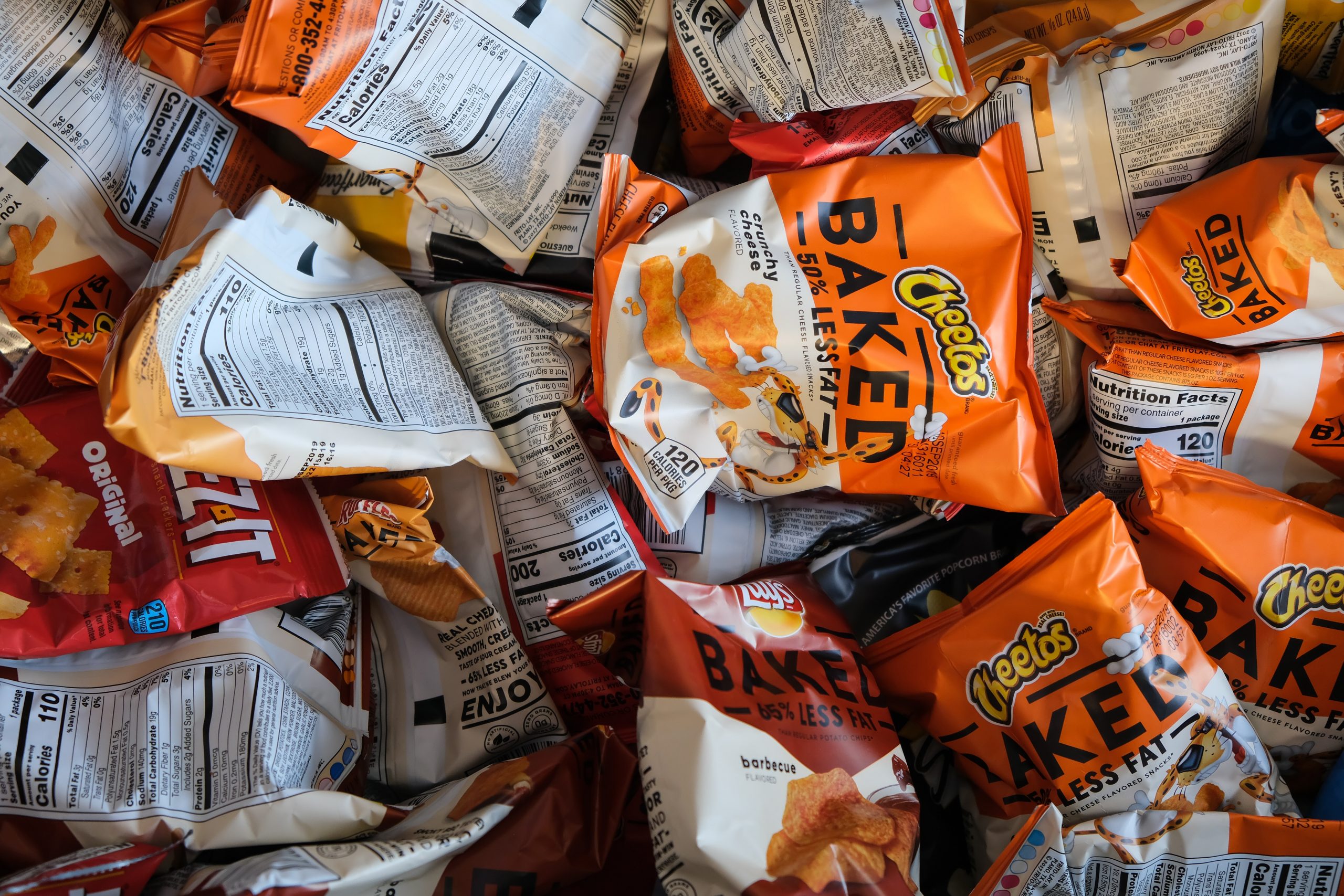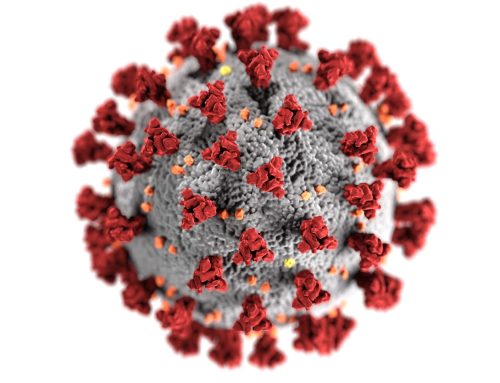Technically speaking, any food that has been altered from its natural state is considered processed. So even just an apple cut into slices or peanut butter are considered processed foods. However, there are different categories of processed foods:
- Minimally Processed: Minimally processed foods are typically just processed for convenience or to prolong shelf life, so something that is frozen or vacuum-sealed. Good examples of this include shelled nuts or bagged spinach.
- Processed: This category includes foods that are prepared with additives that alter its texture or flavor. This typically includes the addition of fat, salt, and/or sugar. Examples of this include canned fruits, cured meat, and unpackaged cheeses.
- Ultra-Processed: This category goes beyond the addition of fat, sugar, and salt, and includes artificial colors, flavors, and preservatives. Foods in this category are often processed multiple times. Think multiple processed food parts coming together to make the whole. Oftentimes, these foods come ready to eat. Examples in this category include sugary cereal, chips, energy bars, and ready-to-heat meals (like pizza or pasta).
How Do Ultra-Processed Foods Affect Your Health?
Sure, they’re convenient (and tasty), but ultra-processed foods are high in fat, salt, and sugar – all things that if eaten too often are detrimental to your health. So, it’s no surprise that ultra-processed foods have a negative effect on your health. When food is processed, its nutritional value is altered, and oftentimes eliminated, making them high in calories and low in nutrition. They have been linked to heart disease, IBS, cancer, obesity, and high blood pressure. The specifics of how these foods affect your health are still being studied, but it is thought that ultra-processed foods can cause changes to the millions of bacteria that live in your gut and disrupt your gut lining. Ultra-processed foods have also been linked to food addiction and overeating because your body begins to treat the fats, sugars, and salt as a reward and craves them more often.
What You Can Do
Always check the labels on the foods you’re eating. Sometimes processed foods are unavoidable, but by checking labels you can pick the options with the least amount of additives. Plus once you check the labels you at least are aware of what you’re putting into your body. (FYI: Sometimes sugar and salt are listed by other names like corn syrup, honey, agave, or monosodium glutamate – MSG.)
Another way to control your ultra-processed food consumption is to eat at home. This may take a bit more preparation, but you can ensure that you’re using more whole foods, or foods without many additives. Try to prepare food for the week, so when you’re hungry and need something to eat right away, you don’t have to turn to ready-to-eat processed foods.
Not all processed foods are bad. In fact, some are processed to last longer or preserve their nutritional value. Telling you to never eat ultra-processed food again is unrealistic because they are a part of our everyday lives, but we suggest you eat them in moderation and listen to your body. Think of them as an occasional treat instead of something integral to your diet.







